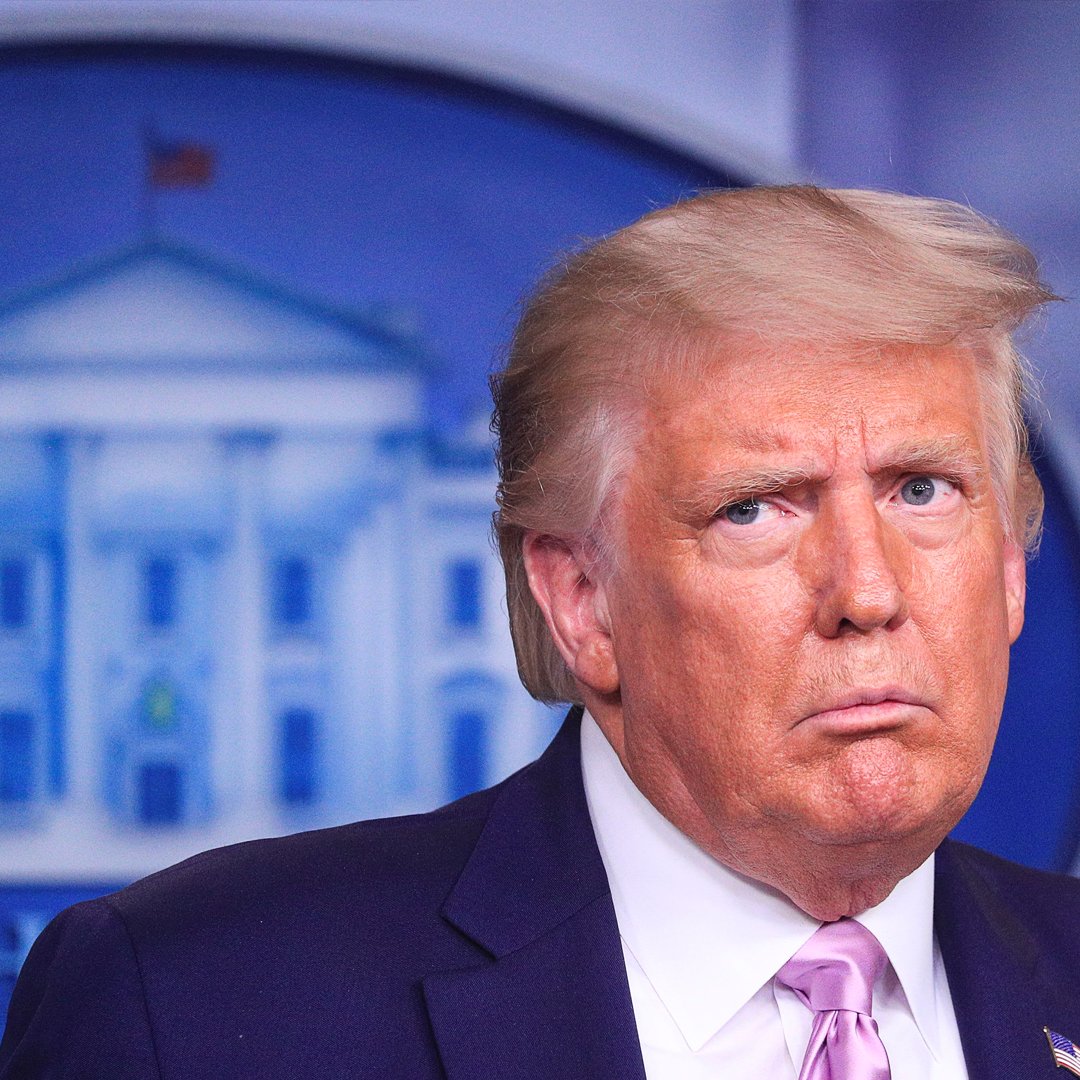Donald Trump’s Trade “Deal” with China: Another Broken Promise

Donald Trump pledged to “cut a better deal with China that helps American businesses and workers compete.” The deal he delivered, however, is turning out to be just another Trump fiction.
Ongoing Trade Wars
The Trump administration’s trade wars have cost the American economy billions. A 2019 Moody’s Analytics study found that the trade war had cost the U.S. economy roughly 300,000 jobs. A 2019 Bloomberg Economics report estimated that Trump’s trade war would cost the American economy $316 billion by the end of 2020 — a number that will likely be higher due to the effects of COVID-19.
While China was supposed to pay the price of the tariffs, many studies have found American businesses primarily bore the burden, with an estimated cost of nearly $46 billion.
Since 2018, bankruptcies and delinquencies in rural areas have skyrocketed, with farm bankruptcies surging 20 percent in 2019 alone. China was supposed to help stop the bleeding with its promise to purchase more goods from American farmers under a phase one trade deal.
A Bad Deal
On January 15, 2020, President Trump and Chinese Vice Premier Liu He signed what has become known as Phase One of a trade agreement between the United States and China. Trump lists this deal as a major accomplishment for rural America.
For its part, China committed to purchasing an additional $200 billion in American products and services over two years. The U.S. committed to some minor adjustments that amount to very little — the most damaging of the pre-deal tariffs are still in place.
The deal has almost no structured enforcement mechanism. Either side can decide unilaterally that the other party has failed in its commitments. And once one party has claimed a breach, it can then decide upon its own “proportional” remedy.
The deal also includes the clause that China will meet goals based on “market conditions.” To date, China has purchased nowhere near the level of goods it would have to by this point in order to meet its two-year targets. In fact, current Chinese purchases have fallen below historical averages.
The success of the deal rests on China’s decision to fulfill its commitments, a tenuous foundation at best. As a result, the setup is essentially a commitment to a continuation of trade war escalation.
Emboldening China
Donald Trump claims to be tough on China, when in reality he has looked the other way at the nation’s concerning human rights record, its power grab in Hong Kong, and its assertion of authority and interests globally.
Some experts believe that President Trump’s trade strategy has served to embolden China’s aggression, as Chinese President Xí knows he can push without much pushback due to President Trump’s desperate need for a political win.
During the protests in Hong Kong, Donald Trump did not expressly criticize China, instead calling Xi “a friend of mine” and “an incredible guy,” glossing over Hong Kong by calling it a “complicating” issue in trade negotiations.
When asked on Fox News about the “million people in reeducation camps, internment camps” in China, Trump told Laura Ingraham he was “riding a fine line, because we’re making…great trade deals.”
Donald Trump’s lack of strength and foresight has hurt American farmers and emboldened China. Another promise broken.

